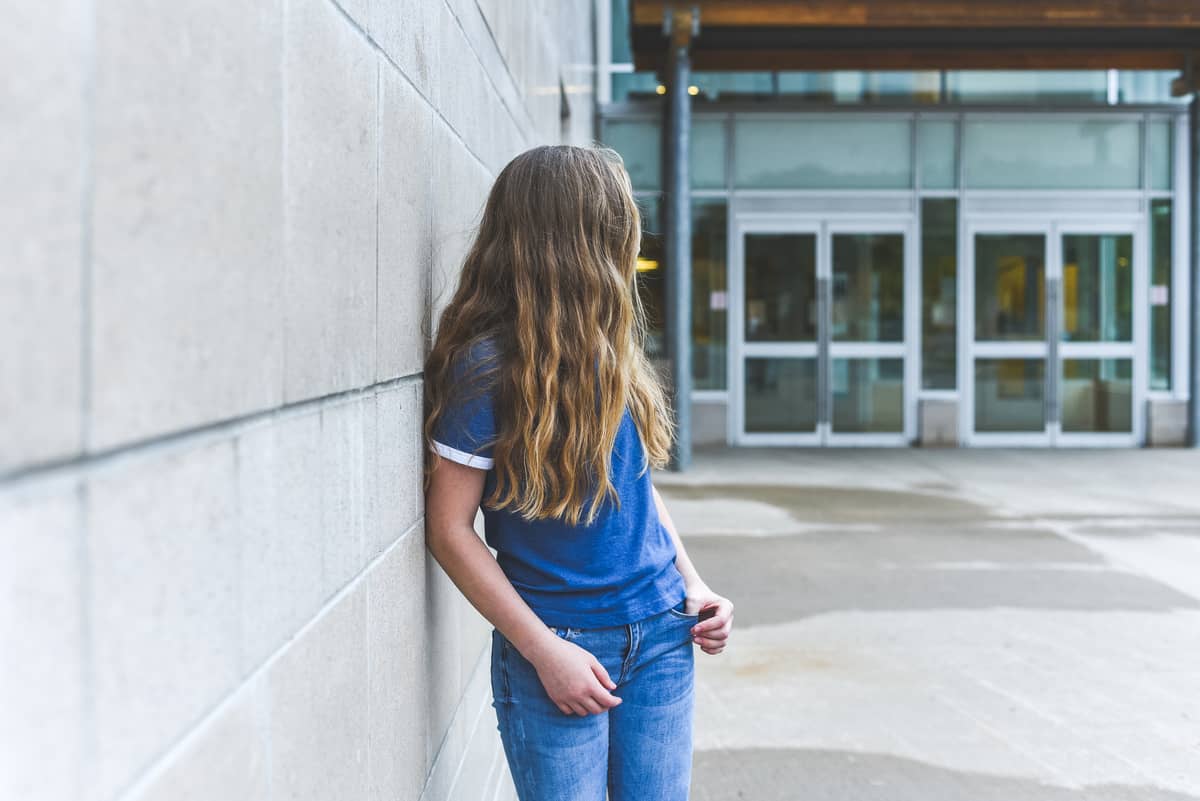
School psychologists and counsellors provide a critical service supporting students with learning and emotional needs. During COVID-19 restrictions, they had to change the way they provided this service.
Given that there have been seven international health crises over the past 20 years, COVID may not be the last one we face.
It’s important we learn from our experiences during COVID, to ensure we continue to support students’ learning and emotional wellbeing during possible future crises, including pandemics.
During COVID-related restrictions in 2020, we conducted a survey-based study across Australia to find out what school psychologists and counsellors did during this time, the innovations they employed, and how they overcame the challenges associated with delivering services during COVID lockdowns.
This is what we found.
1. Online support to students, parents and teachers
Almost all support to students, parents and teachers during this time was provided using video-conferencing or telehealth.
Pivoting to online services gave psychologists and counsellors more opportunities for interdisciplinary collaboration, especially with allied health and other medical professionals.
Various online innovations were used to keep students connected, such as online activity clubs (Lego online, for example). To promote wellbeing, activities supporting mental health were offered, such as online mindfulness for groups of students.
School psychologists presented webinars to parents on child and parent wellbeing, and sent emails to discuss the welfare of both. Teachers were invited to complete wellbeing surveys, and school psychologists and counsellors used online check-ins to support them.
They offered teachers online activities to promote wellbeing and connectedness, such as a virtual wall to post positive stories, and virtual yoga.
Read more: The need for mental health education in Australian schools
Providing online services to students, parents and teachers meant psychologists needed access to the appropriate technology, school IT support, and professional development – the Australian Psychological Society (APS) regularly provides professional development in this area.
How they might engage younger children in online services was a training gap for many. The Parenting Research Centre (PRC) launched a tele-practice website that includes a range of evidence-based information and resources for practitioners working with children and families that may be of relevance.
Pivoting to online services also meant school psychologists needed to quickly identify which online programs had a strong evidence base, and for which student groups (that is, targeting children of different ages and presenting issues). Many school psychologists adapted existing programs for their own needs, and more research is needed to identify intervention components that are essential for positive outcomes.

2. Supporting at-risk students
Various initiatives were employed school-wide to identify and support at-risk students, including asking all students to complete daily wellbeing check-ins.
Other approaches included setting up peer-to-peer support systems, providing regular contact via email, telephone or video conferencing, and connecting students and their families with additional services and support in the community as needed.
Online self-referral forms, and supporting at-risk students to attend school were other strategies employed.
More systematically, psychologists worked with leadership teams, liaised regularly with year-level coordinators, developed clear policies for wellbeing teams to follow, and had clearly defined processes for the identification and management of at-risk students.
3. Psychometric assessments
Perhaps unsurprisingly, school psychologists indicated that during lockdowns they weren’t able to conduct the usual assessments, such as intelligence tests. These are important for funding purposes, and to organise appropriate learning accommodations.
Read more: Leading schools in lockdown: Compassion, community and communication
Face-to-face psychometric assessments were able to be conducted for a small number of at-risk students. However, where psychometric assessments couldn’t be carried out, psychologists offered students, their families and teachers additional strategies and support until face-to-face learning resumed.
4. Managing ethical issues involved with delivery
The psychologists reported it was important to address the ethical issues of online service delivery, including confidentiality, privacy and security. This concern was addressed through the development of consistent policies, procedures and practices. Many psychologists described the value of guidance provided by the APS and AHPR.

5. School leaders
School leadership was vital in communicating the importance of student, staff and parent wellbeing. Likewise, the encouragement of school leaders for their communities, including staff, to access psychological support.
6. Self-care
Psychologists noted the importance of their own self-care and support networks, acknowledging the impacts of COVID-19 on both personal and professional levels.
Psychology and counselling services that support young people’s mental health and wellbeing are critical to their learning success and long-term happiness. This is especially important during high-stress periods such as lockdowns and when returning to face-to-face learning.
COVID-19 lockdowns gave rise to innovative practices that have the potential to increase student access to services when schools return to face-to-face learning. Whether, and how, these practices continue in the long term remain to be seen.





